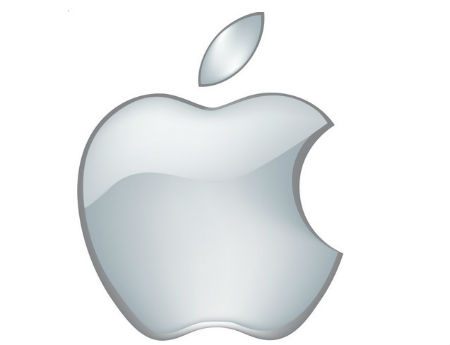Apple Gears Up for VR, AR
The smarter way to stay on top of the multichannel video marketplace. Sign up below.
You are now subscribed
Your newsletter sign-up was successful

Amid the slew of announcements Apple made Monday at its Worldwide Developers Conference, the CE giant announced bigger plays into emerging sectors that included augmented reality, virtual reality and the smart home.
On the VR front, a new line of iMacs will have enough pop to support virtual reality services and applications. That optimized VR software for the new macOS, called High Sierra (set to ship this fall following a beta period), will work with the Valve, Unity and Unreal engines.
RELATED: Apple TV Opens Door to Amazon Prime Video
Looking to take augmented reality to the next level, Apple introduced a new core technology called ARKit that will use the capabilities of the iPhone to identify surfaces such as a table and to let users add an object such as a lamp, coffee cup or vase.
RELATED: Facebook Dives Deeper Into AR
The ARKit, to be supported in iOS 11, to be released this fall, uses the phone’s sensors and cameras to find those surfaces and to estimate ambient lighting. Hundreds of millions of iPhones and iPads will be capable of using ARKit, making it “the largest AR platform in the world,” Craig Federighi, Apple’s SVP of software engineering, claimed, seemingly taking aim at Tango, Google’s AR platform for certain Android devices.
Wingnut AR, Peter Jackson’s new production company dedicated to augmented reality, was on hand to demo a real-time battle game/experience that will be offered in the Apple App Store later this year.
In the smart home arena, Apple will be looking to grapple with products such as Google Home and Amazon Echo with the launch later this year of the HomePod, a high-end, connected home speaker that will sell for $349.
The smarter way to stay on top of the multichannel video marketplace. Sign up below.
HomePod, at less than seven inches tall, is covered in a 3D mesh fabric that hides a seven-array beamforming tweeter pack, a four-inch woofer and is controlled by the A8, the same chip used in the iPhone.
In addition to working with Apple Music, HomePod also has a six-microphone array that works with Siri, and is made to work with HomeKit devices.
HomePod, available in white and space gray, will start shipping this December in the U.S., U.K., and Australia, then follow to other parts of the globe.
Apple also trotted out a new line of the iPad Pro, the higher-end, business-class version of its tablet platform, supporting a full-screen keyboard and 30-plus languages, as well as HDR video.
A new feature called “ProMotion” will double the max refresh rate to 120Hz, enabling smoother and more response to video and other content.
A 10.5-inch version starts at $649, while the 12.9-inch model starts at $799. Both will start shipping next week and will support iOS 11 when the new operating system is released this fall.
